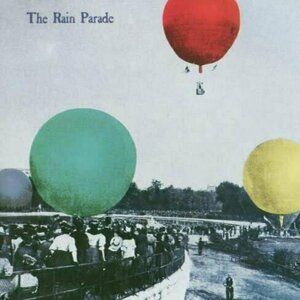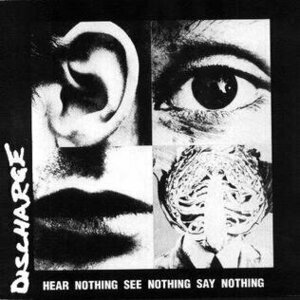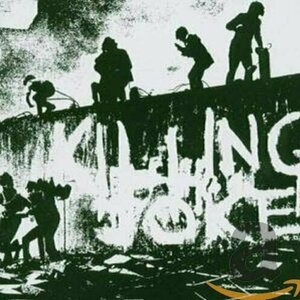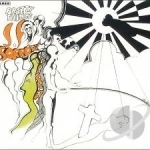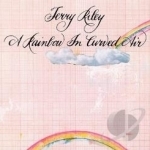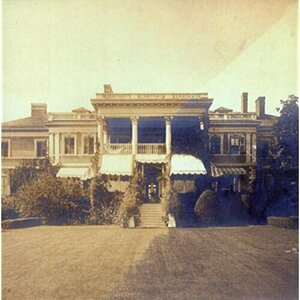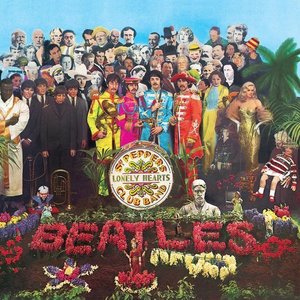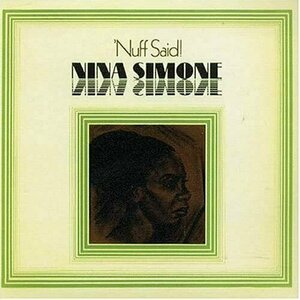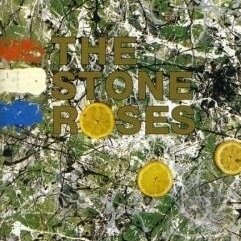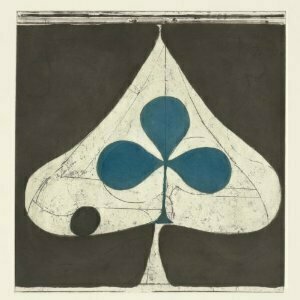Search
Search results
Andy Bell recommended Explosions in the Glass Palace by Rain Parade in Music (curated)
Mark Arm recommended Hear Nothing, Say Nothing, See Nothing by Discharge in Music (curated)
Moby recommended What's This For? by Killing Joke in Music (curated)
Sean Lennon recommended S.F. Sorrow by The Pretty Things in Music (curated)
Jonathan Donahue recommended Rainbow in Curved Air by Terry Riley in Music (curated)
Adam Green recommended Leave Home by John Davis in Music (curated)
Amanda Palmer recommended Sgt. Pepper's Lonely Hearts Club Band by The Beatles in Music (curated)
Anand Wilder recommended Nuff' Said! by Nina Simone in Music (curated)
Zoosk (5 KP) rated Stone Roses by The Stone Roses in Music
Dec 5, 2024
A Timeless Masterpiece
Every so often, an album comes along that feels like it was born out of pure magic, and The Stone Roses is one of those rare gems. From the opening notes of “I Wanna Be Adored” to the euphoric closer “I Am the Resurrection,” this debut album is a flawless journey through shimmering guitars, hypnotic rhythms, and an aura of defiance and mysticism.
What sets this album apart is its ability to transcend genres. It’s a perfect blend of jangly indie rock, psychedelic flourishes, and danceable grooves, creating a sound that feels fresh even decades later. John Squire’s guitar work is nothing short of genius—each riff and solo feels meticulously crafted yet completely effortless. Ian Brown’s vocal delivery, while unconventional, perfectly captures the swagger and yearning that permeates every track.
Tracks like “She Bangs the Drums” and “Made of Stone” are anthems of pure joy, brimming with melodies that seem to be pulled straight from the heavens. “Waterfall” is a blissful, sun-drenched escape, while “I Am the Resurrection” is a sprawling epic that perfectly captures the band’s rebellious energy. Every song feels essential; there’s no filler here.
Listening to this album feels like stepping into another world, one where everything is drenched in sunlight and possibility. It’s no wonder it became the defining soundtrack of the late ‘80s Madchester scene, but its influence stretches far beyond that. Bands like Oasis and Arctic Monkeys owe much of their sound and success to this record.
For me, The Stone Roses isn’t just an album—it’s an experience. It’s bold, timeless, and utterly captivating. I can’t think of a single way it could be improved, and for that reason, it’s a perfect 10/10.
What sets this album apart is its ability to transcend genres. It’s a perfect blend of jangly indie rock, psychedelic flourishes, and danceable grooves, creating a sound that feels fresh even decades later. John Squire’s guitar work is nothing short of genius—each riff and solo feels meticulously crafted yet completely effortless. Ian Brown’s vocal delivery, while unconventional, perfectly captures the swagger and yearning that permeates every track.
Tracks like “She Bangs the Drums” and “Made of Stone” are anthems of pure joy, brimming with melodies that seem to be pulled straight from the heavens. “Waterfall” is a blissful, sun-drenched escape, while “I Am the Resurrection” is a sprawling epic that perfectly captures the band’s rebellious energy. Every song feels essential; there’s no filler here.
Listening to this album feels like stepping into another world, one where everything is drenched in sunlight and possibility. It’s no wonder it became the defining soundtrack of the late ‘80s Madchester scene, but its influence stretches far beyond that. Bands like Oasis and Arctic Monkeys owe much of their sound and success to this record.
For me, The Stone Roses isn’t just an album—it’s an experience. It’s bold, timeless, and utterly captivating. I can’t think of a single way it could be improved, and for that reason, it’s a perfect 10/10.
